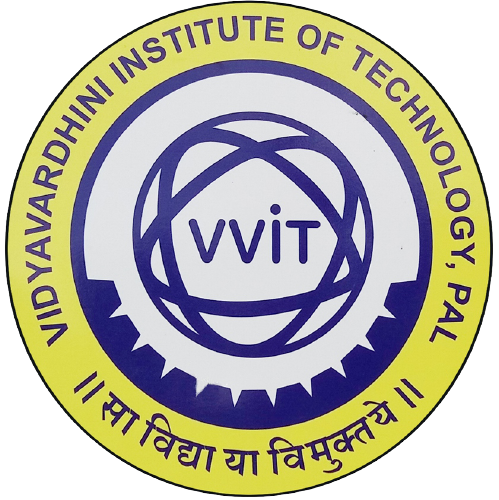PROGRAM OUTCOMES (POs)
PO1: Basic knowledge: An ability to apply knowledge of basic mathematics, science and engineering to solve the engineering problems.
PO2: Discipline knowledge: An ability to apply discipline – specific knowledge to solve core and/or applied engineering problems.
PO3: Experiments and practice: An ability to plan and perform experiments and practices and to use the results to solve engineering problems.
PO4: Engineering Tools: Apply appropriate technologies and tools with an understanding of the limitations.
PO5: The engineer and society: Demonstrate knowledge to assess societal, health, safety, legal and cultural issues and the consequent responsibilities relevant to engineering practice.
PO6: Environment and sustainability: Understand the impact of the engineering solutions in societal and environmental contexts, and demonstrate the knowledge and need for sustainable development.
PO7: Ethics: Apply ethical principles and commit to professional ethics and responsibilities and norms of the engineering practice.
PO8: Individual and team work: Function effectively as an individual, and as a member or leader in diverse/multidisciplinary teams.
PO9: Communication: An ability to communicate effectively.
PO10: Life-long learning: Recognize the need for, and have the preparation and ability to engage in Independent and life-long learning in the context of technological changes.
PROGRAM EDUCATION OBJECTIVES (PEOs)
PEO1: Design and develop sustainable solution in civil engineering work.
PEO2: Ability to identify and solve problems individually as a civil engineer.
PEO3: Develop a positive attitude towards life-long learning of technical as well as management skills
PROGRAM SPECIFIC OUTCOMES (PSOs)
PSO1: Planning, estimate and design: make plan, design and estimate for each civil engineering work.
PSO2: Surveying and construction: conduct survey and construction on field for civil engineering work.

